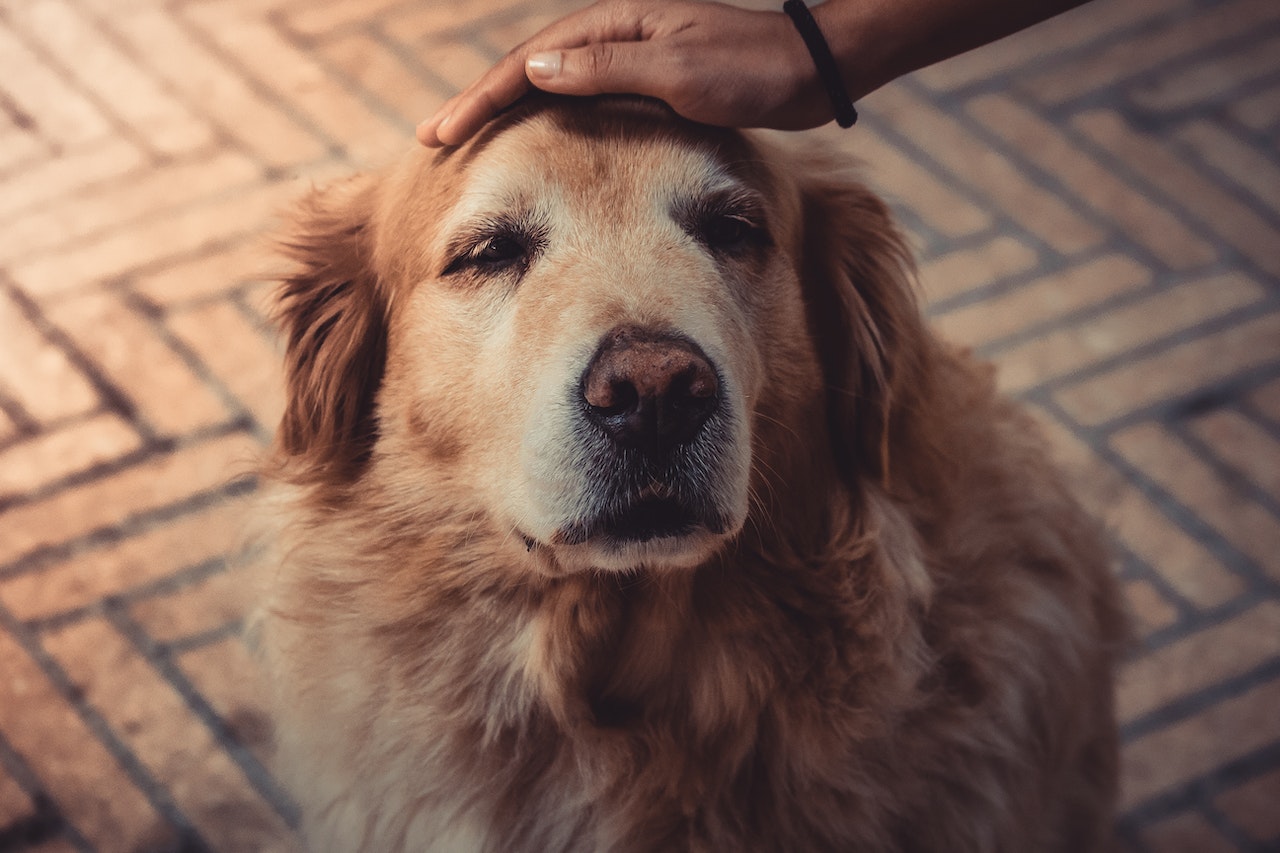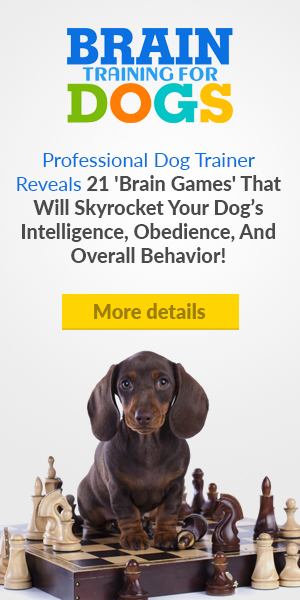This is a real issue, having a dog eat poop in his crate. It is disturbing and worrying for most pet owners.
If you’ve noticed that your dog eats poop when you put him in his crate, it could be a sign of a bigger problem.
Although dogs usually don’t fall sick from eating their own poop, it is an indication that your dog might be suffering from something else.
Have you spent the past few weeks of your life wondering, my puppy eats his poop in his crate, and what do I do?
We’ll discuss the possible reasons for your dog’s gross behavior below.
Why Do Dogs Eat Poop?
Most of the time, dogs don’t have one specific reason for munching on their own poop.
It can vary from medical conditions to simply them being bored and not having anything better to do.
The habit of eating poop is known as coprophagia and although it’s extremely dangerous for us humans, it’s not that big of a deal for dogs.
Medical Conditions That Cause Coprophagia
Your dog probably inherited this habit from his ancestors, but this doesn’t mean it’s 100% safe.
He could pick up stomach illness or he might already be ill, which is causing him to behave this way.
Here are a few reasons why your dog might be eating poop:
Lack of Enzymes
Sometimes, the dog food you feed your dog is not sufficient in the enzymes his body needs. He needs digestive enzymes that help in the digestive process.
When dogs don’t get the enzymes they need, they can’t properly digest the nutrients from the food they eat.
Even though your dog produces enzymes within his body, they’re not enough for them to effectively digest all their food on their own.
Dogs that have an enzyme deficiency end up excreting important nutrients without digesting them.
In cases like these, your dog may start eating his own poop to try and compensate for the nutrients that he isn’t getting otherwise.
That’s because what they just pooped out has the nutrients their body is missing.
Pancreatic Insufficiency
In this condition, your dog’s body stops producing digestive enzymes altogether or produces too little for them to survive on.
In a condition like this, your dog will starve because his body isn’t picking up and of the necessary nutrients from his food.
Not having enough enzymes leads to malabsorption. If your dog has this condition, you’ll notice other symptoms like a fall in his weight, diarrhea, and coprophagia.
This is because your dog is desperately trying to take in the nutrients that his body needs to function properly.
Stomach Parasites
If your dog has parasites in his intestines, they’ll take away all the nutrients in his diet. They’ll absorb the nutrients in his food and your dog will not get his daily requirement.
Parasites aren’t easy to notice initially, so if your dog doesn’t have any enzyme deficiencies yet continues to remain underweight, you can get him checked for parasites.
Improper Diet
If you aren’t feeding your dog enough food at regular intervals throughout the day, then he might resort to other ways to satiate his hunger.
If you notice that your dog has started to lose weight despite being on a healthy diet, increase his intake.
When you initially notice that your dog’s coprophagic behavior, see if increasing the amount of food you give him makes the problem go away.
Behavioral Issues That Cause Coprophagia
If you’ve concluded that the reasons for coprophagia aren’t medical, then the next aspect to analyze is whether the reasons are behavioral.
Need to Stay Clean
Some dogs will only engage in coprophagia because their crates are dirty.
It’s possible that if your dog is in a tiny space that’s also dirty, he’ll automatically try to clean it in the only way he knows how—that is by eating the poop that’s dirtying up space.
Age
A lot of puppies just eat their own poop because they’re young and want to explore the world around them.
They’re new to all sorts of experiences, like being in crates. Naturally, being in a crate while having poop in the crate increases their curiosity to see what this experience is like.
Entertainment
Regardless of whether your dog is at home or in his crate, if he has been alone for too long, he’ll look for things to keep himself entertained, one of them being a poop.
If he has no one and nothing else to give him company or keep him busy for long stretches at a time, then he’ll engage in this behavior just to pass the time.
Fear
He might start eating it to cover up the evidence.
If he’s scared that you’ll scold him for pooping in the wrong place, then he might try to avoid the punishment with whatever means possible, one of them being to eat the proof.
Why Do Dogs Eat Poop in Their Crate?
You’re probably thinking, my puppy eats his poop in his crate and I still don’t know why. There are certain reasons why dogs that normally don’t poop indoors do so in a crate.
Check his behavior while he’s in the crate to see if he’s acting strange.
It could mean that it’s the crate that’s triggering the pooping and the coprophagy.
They Might Not be Potty Trained
If you have a puppy, he probably isn’t trained enough to hold his need for a bathroom break for too long.
The average puppy can only hold it in for 2 hours at a time at most. If your puppy is afraid of repercussions, he might eat the poop to avoid you scolding him.
Once your puppy is older, it’s possible for him to hold his need to go to the bathroom for longer, which reduces his chances of eating his poop in his crate.
The Crate Might Not be the Right Size
If you get a crate that is too big for your puppy, you’re giving him enough space to poop.
Dogs don’t poop in the same place in which they eat so if you only give him enough space to turn around or stretch his legs out, you’ll stop him from pooping.
If the crate gives him too much space to defecate, he might take advantage of that. Once he has been inside the crate too long, the excretion could soon turn into entertainment.
Leaving your dog in a big crate for too long with nothing to do can lead to coprophagia.
Anxiety
Dogs often suffer from separation anxiety when you leave them at home alone.
Being in a confined space like a crate makes their anxiety worse and can lead to nervous behavior, like crying and panting.
When a puppy becomes extremely scared of being alone in a crate, he might poop out of anxiety.
Being in small spaces can be intimidating for dogs and when they’re in a crate for the first few times, they won’t understand what is happening to them.
If you constantly reassure him and let him know that you’re nearby, it will reduce the chances of him pooping in the crate or eating it.
What Can You Do to Stop Coprophagia in Crates?
First, you need to understand what the reason for the coprophagia is.
Take your dog to the vet, who will examine your dog and figure out what conditions could be causing this behavior.
They’ll take the necessary tests needed to shortlist different problems and come up with some plausible explanations.
Get Him a Toy for the Crate
The best thing you can do for a bored or anxious puppy that is just looking for entertainment and company inside the crate is to get him a toy.
Check out these Dog Toys for dealing with boredom…
Toys keep your puppy happy and also reduce their anxiety because they have a friend in the crate with them.
Keep Reassuring Them in the Crate
If your puppy is nervous or feels like you’ve abandoned them in the crate, keep talking to them and calming him down.
Let them know that you’re still within the same area as them, so that hearing your voice can relax them.
You can also leave the crate door open for some time in the first few crate experiences so that your puppy knows he isn’t trapped inside.
Make Sure He Has a Proper Diet
Lastly, you need to make sure your puppy has a proper diet.
Make sure he is getting the right amount of nutrients and that his enzyme levels are sufficient for his body size and age.
Get his stomach checked for parasites and eliminate any other potentially dangerous medical conditions he could have.
Final Words
Raising a puppy can be a tough job. Having to take your puppy out for vet appointments or while traveling can be a huge hassle if your puppy keeps pooping in his crate and eating it.
Hopefully, if you keep a careful eye on your dog and address any problems that may be causing his coprophagia, you’ll be good to go.



